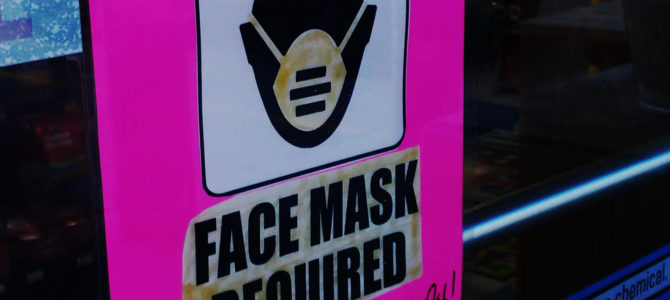
Late last week, The New York Times reported that the Food and Drug Administration (FDA) will issue a regulation proposing a ban on menthol flavoring in cigarettes, potentially this week. This represents merely the latest development in a long and winding history of the mint-flavored additive lasting nearly a decade.
The Times report quoted FDA Commissioner Scott Gottlieb saying “it was a mistake for the agency to back away on menthol” regulation. Depending upon one’s perspective, the “menthol loophole” either represents a reasonable example of legislative compromise, or policymakers in both the legislative and executive branches valuing African-American lives less dearly than the lives of other Americans.
A Troubled Legislative History
The FDA proposal would use its authority under the 2009 law that directed the agency to regulate tobacco. That measure explicitly prohibited any type of flavoring in cigarettes— except for menthol––in section 907, which detailed tobacco product standards:
Beginning 3 months after the date of enactment of the Family Smoking Prevention and Tobacco Control Act, a cigarette or any of its component parts (including the tobacco, filter, or paper) shall not contain, as a constituent (including a smoke constituent) or additive, an artificial or natural flavor (other than tobacco or menthol) or an herb or spice, including strawberry, grape, orange, clove, cinnamon, pineapple, vanilla, coconut, licorice, cocoa, chocolate, cherry, or coffee, that is a characterizing flavor of the tobacco product or tobacco smoke.
That language created two policy problems. First, as I noted in my summary of the bill at the time, because the bill banned other cigarette flavors manufactured overseas, while permitting menthol-flavored cigarettes manufactured domestically, the law would likely result in World Trade Organization (WTO) complaints for unfair trade practices. Indeed, Indonesia, which manufactures clove cigarettes, filed just such a complaint following the law’s passage—and won its case at the WTO.
The Times alluded to the other complication presented by the “menthol loophole” in its article this week: “According to the N.A.A.C.P.’s Youth Against Menthol campaign, about 85 percent of African-American smokers aged 12 and up smoke menthol cigarettes, compared with 29 percent of white smokers, which the organization calls a result of decades of culturally tailored tobacco company promotion.”
That “decades of culturally tailored tobacco company promotion” also included contributions to organizations like the NAACP and the Congressional Black Caucus Foundation. Industry documents released as part of the 1998 master settlement agreement demonstrated that “the tobacco industry established relationships with virtually every African-American leadership organization”—both to increase tobacco use, and to head off tobacco control efforts.
In 2008, as the House of Representatives first prepared to consider tobacco control legislation, seven former secretaries from the Department of Health and Human Services (HHS), plus a former surgeon general, signed a letter specifically targeting the “menthol loophole”—inserted into the bill largely to maintain the support of Philip Morris, a large tobacco company and manufacturer of menthol cigarettes. The secretaries noted that “the bill caves to the financial interests of tobacco companies and discriminates against African-Americans—the segment of our population at greatest risk for the killing and crippling smoking-related diseases. It sends a message that African-American youngsters are valued less than white youngsters.”
The FDA Looked the Other Way
Despite the condemnation from the HHS secretaries for its double standards against African-Americans, the bill passed as written in 2009. In an irony of ironies, the first African-American president signed it into law in June that year.
While it did not ban menthol outright, the legislation required a study on its effects, and gave the FDA the authority to ban the additive. Despite occasional rumors that FDA might outlaw menthol—and appeals from the African-American community for a ban—the Obama administration did not take action on the matter.
As a small government conservative, I question the value of establishing and maintaining an FDA bureaucracy to regulate an inherently unhealthful product. I by no means condone the decades of deception the tobacco industry used to sell their products.
But the “menthol loophole” represents a combination of crony capitalism and cynical racial politics at its worst—official Washington, including the first black president, acting in a way that values African-American lives as less precious. Few other than tobacco companies themselves will lament its demise.








